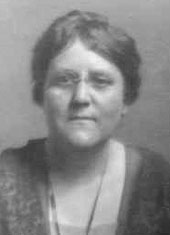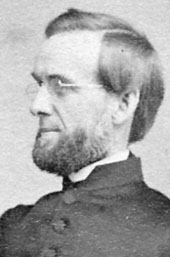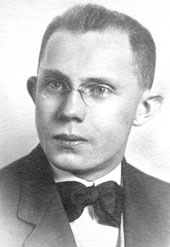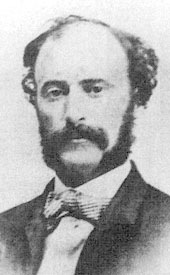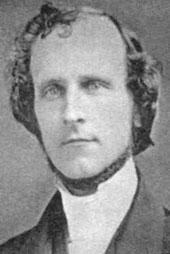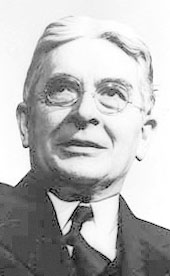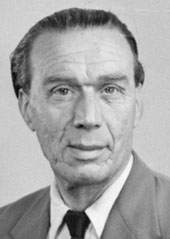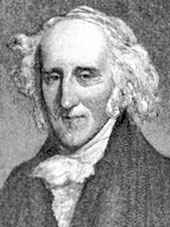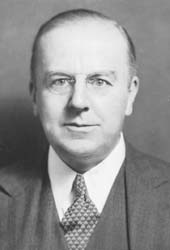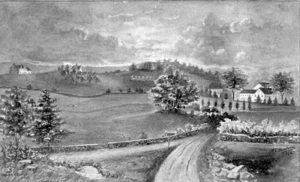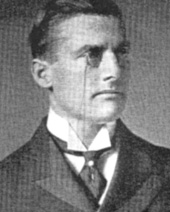Unitarian
Ernst, Sarah Otis
Sarah Otis Ernst (July 23, 1809-December 25, 1882), one of the most effective radical abolitionists in the West, organized the Cincinnati Anti-Slavery Sewing Circle, whose fairs were a major source of support for the Western Anti-Slavery Society (WASS). When her Garrisonian brand of abolitionism lost favor in the WASS, she organized, financed, and managed the yearly Cincinnati Anti-Slavery Conventions, 1851-1855.…
